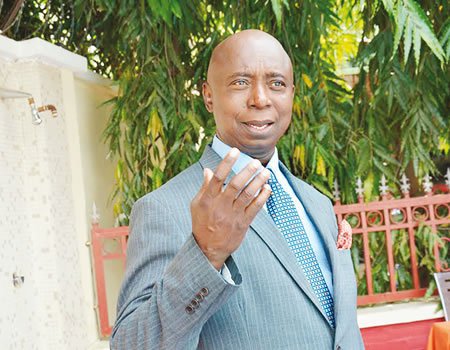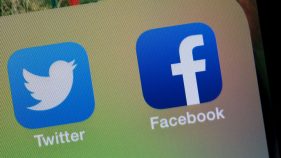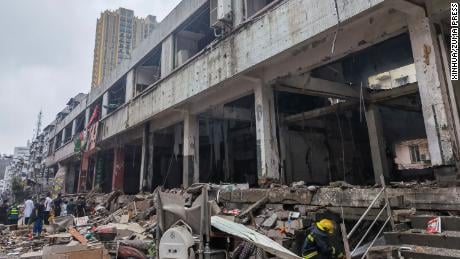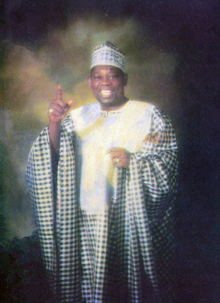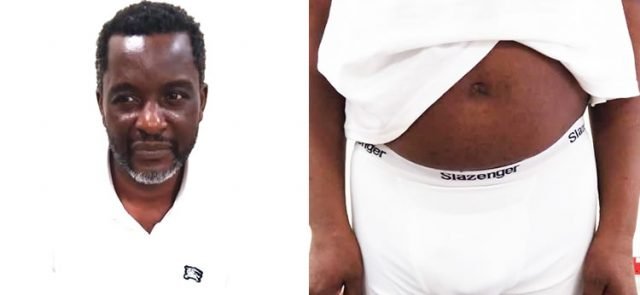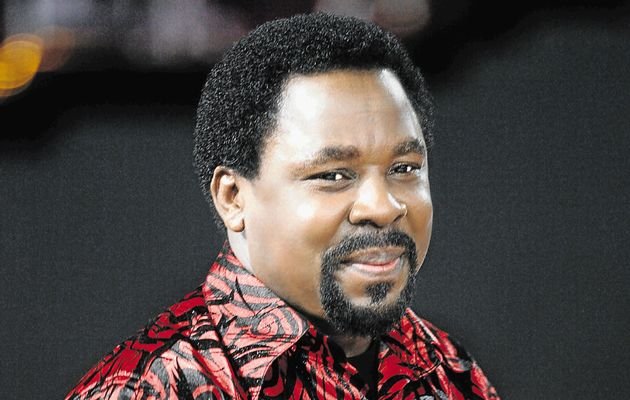As the suspension of Twitter gets into the second week, the Federal Government is yet to release conditions for the reversal of the indefinite suspension despite claiming to be in talks with the social media company. While the Federal Government plans to enforce the licensing of over-the-top (OTT) players, it appears such a move is not a priority for players. The Guardian learnt at the weekend that the players, including Facebook, WhatsApp, Instagram, Snapchat, Koo and Twitter might snub the Federal Government’s move, as they preface OTT operators in the meantime. A senior official of Facebook, who spoke anonymously with The Guardian at the weekend, said the social media platform is not responding to issues as regards licensing and registering of Facebook in Nigeria. “If it is to respond to why we deleted President Buhari’s post, yes, we can respond to that, which we have been doing. Such posts negate the principles of Facebook. But whether we are coming to register formally here, we are not responding to that, at least for now,” the official said. Last year, Facebook announced plans for an office in Nigeria, which was to be located in the commercial and tech hub of Lagos. But five years after the CEO, Mark Zuckerberg, announced same plans during his visit to the country, the tech giant has made no further move on it. The office location is expected to be secured and become operational by the second half of 2021. During the said period, although not confirmed, the company might begin the recruitment of a team of engineers, sales, partnership, policy, communication experts and register with the Corporate Affairs Commission (CAC). As revealed by Facebook’s Head of New Product Experimentation, Ime Archibong, the attraction to Nigeria was borne out of the pool of tech talents within the country. Despite the ongoing faceoff between Twitter and the Federal Government, the co-founder and CEO of the platform, Jack Dorsey, on Saturday, tweeted the flag of the country in an apparent reference to the celebration of Democracy Day in Nigeria. But some hours later, as June 12 protests topped the trends chat in Nigeria and across the world, Twitter CEO in another tweet said: “The people of Nigeria will lead bitcoin” despite Nigerian authorities clampdown on the trading of cryptocurrencies. Dorsey’s take was a direct reaction to an oped written by NFL star, Russell Okung in Bitcoin Magazine. Okung, a Nigerian descendant and self-acclaimed Bitcoin proponent, advised Nigeria to focus on achieving “economic independence and financial sovereignty” by establishing a Bitcoin Standard. Nigeria is one of the largest cryptocurrency markets in the world, though the country’s Central Bank has prohibited financial institutions from trading in cryptocurrency. This new move, many say, show a Twitter company not ready to buckle to the demands of the Federal Government. Even the Minister of Information and Culture, Lai Mohammed, who last week said that Twitter had approached the government for negotiation, at the weekend, however, described Twitter’s approach as “tepid”, noting that there has been no follow up from an initial message from Twitter received through a foreign mission that the social media company was open to negotiation. The micro-blogging platform, which is currently accessible to Nigerians who have bypassed government’s restrictions through VPN, promised that it will continue to advocate free and open Internet everywhere as it continues to amplify the trend #KeepTweeting, #KeepitOn and other hash tags in defiance of government’s ban. Already, Twitter has commenced recruitment for talents for its office in Ghana, which is expected to equally serve the Nigerian market. Notably, Facebook has been running its African operations from its South African headquarters, the first on the continent, for the past five years. Headed by Nunu Ntshingila-Njeke, the activities were planned with an initial focus on Kenya, South Africa and Nigeria. According to a statement in 2020, operations from the planned Lagos office are anticipated to boost growth in sub-Saharan Africa. The team will be responsible for building African-focused products while contributing to the growth of the African tech ecosystem. MEANWHILE, the cost of suspension of Twitter’s operations by the Federal Government continues to rise. About 10 days into the ban, the losses have hit at least N25 billion. While social media influencers who earn a living from monetized tweets and other social media posts have started counting their losses, brands running marketing campaigns are exploring options, as the hope of immediate lifting of the suspension dims. The government had noted that the suspension was temporary but later said it would be indefinite. Both Twitter and the Federal Government, last week, said it would be indefinite. According to NetBlocks, a watchdog organisation that monitors cybersecurity and governance of the Internet, each hour of the suspension costs Nigeria $250,000 (N102.5 million), bringing the daily loss to N2.46 billion. It means the economy would have lost approximately N24.6 billion in the past 10 days. But social media influencers, who feel the pang of the suspension directly, said millions of Nigerian youths have lost their livelihoods in the past week, as Twitter is central to instant communication marketing. An influencer, Benedict Amama, told The Guardian the two jobs he was handling when the suspension came could fetch him a reasonable amount of money. “The campaign has been cancelled because the time frame has elapsed. That means I have lost the money. Thousands of campaigns scheduled for the past week were either cancelled or put on hold. The ban is more impactful as Twitter campaigns are the most active social media marketing in Nigeria,” he said. Another social media entrepreneur said an average social media influencer would have lost N100,000 to N200,000 in the past week, warning that continued suspension would worsen restiveness among youths. There is no data showing the number of youths earning a living from social media but those in the business said the number is huge and growing by the day. With the suspension, more than 39 million active users have been prevented from accessing their Twitter accounts

